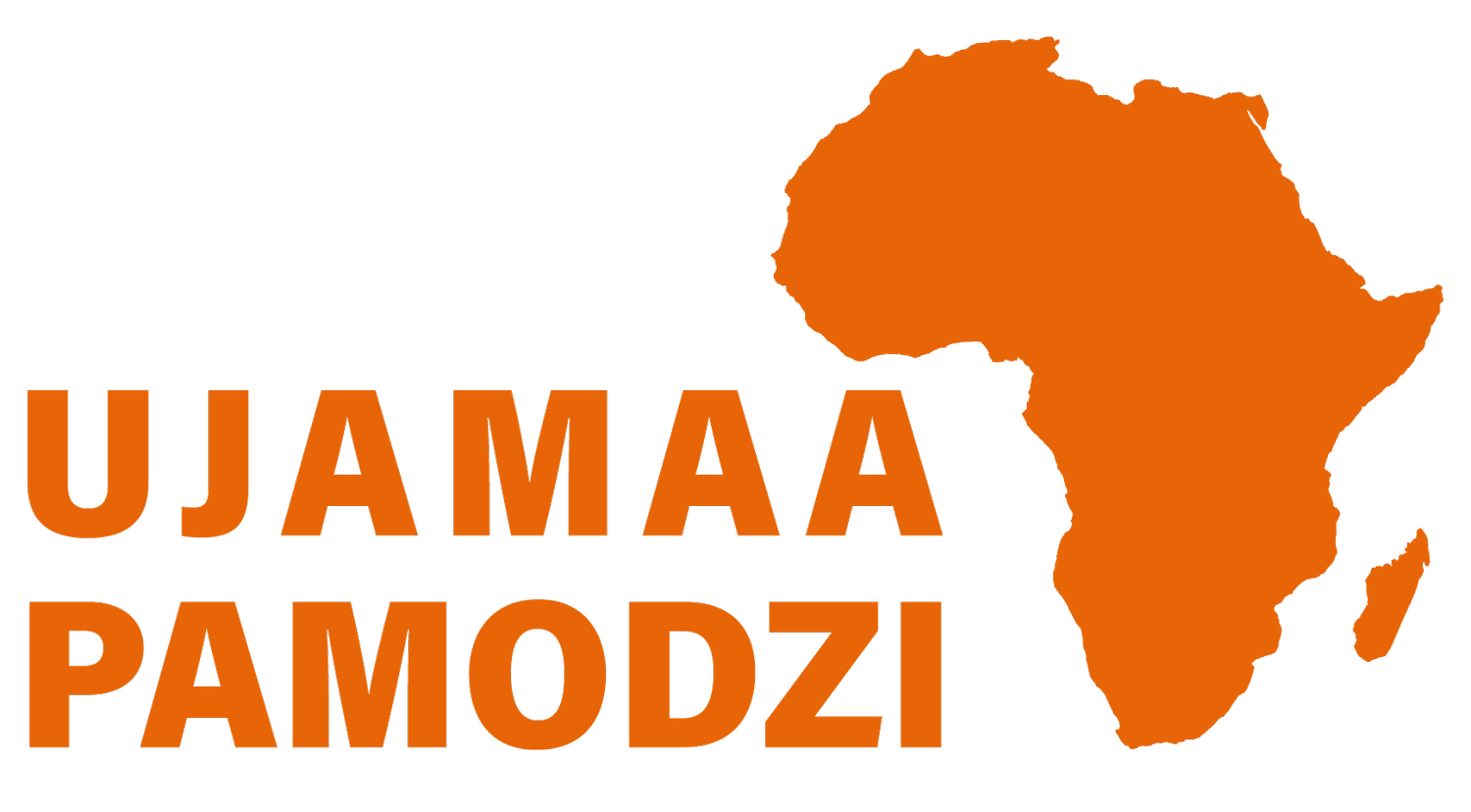How it began
Dr. Jake Sinclair and Lee Paiva, began working in Kenya in 2000 to help children who had been orphaned and left homeless due to the AIDS epidemic. After making "every mistake in the book" as a white person attempting to "do good" in Africa, Jake eventually realized that direct aid—i.e. starting orphanages, feeding programs and building schools—ultimately perpetuated the most tenacious obstacle to health and well-being: dependency.
As their work transitioned away from direct aid and toward microloan programs focused on improving the economic status of women (the caregivers of orphans), Lee became aware of the extremely high prevalence of rape in the Nairobi slums where their work was based. Lee had taken a women's self-defense and empowerment class in the Bay Area in the 1990s, and saw how Empowerment Self Defense (ESD) programming would be life saving in extreme risk communities. Thus began a 6 year effort to develop No Means No Kenya and the IMpower system for sexual violence prevention, intervention and recovery. IMpower is the first dual gender sexual violence prevention program in the world. Ujamaa then completed six ground breaking scientific studies that proved how powerfully IMpower works to stop rape (see publications).
Ujamaa Pamodzi started in 2014, when we expanded our programming to Malawi. In 2018 we developed and refined our own dynamic, survivor designed, evidence-based violence prevention model called ETT (Empowerment Transformation Training). ETT is comprised of two flagship initiatives: the Girls ESD and the boys Hero In Me (HIM) programs, which target youth ages 10-18 years old in upper primary and lower secondary schools. ETT proved similar striking results in its own recent randomized control trial (currently under review).
Martin Ndirangu, our Executive Director, is now leading Ujamaa Pamodzi to scale ETT in Malawi.

